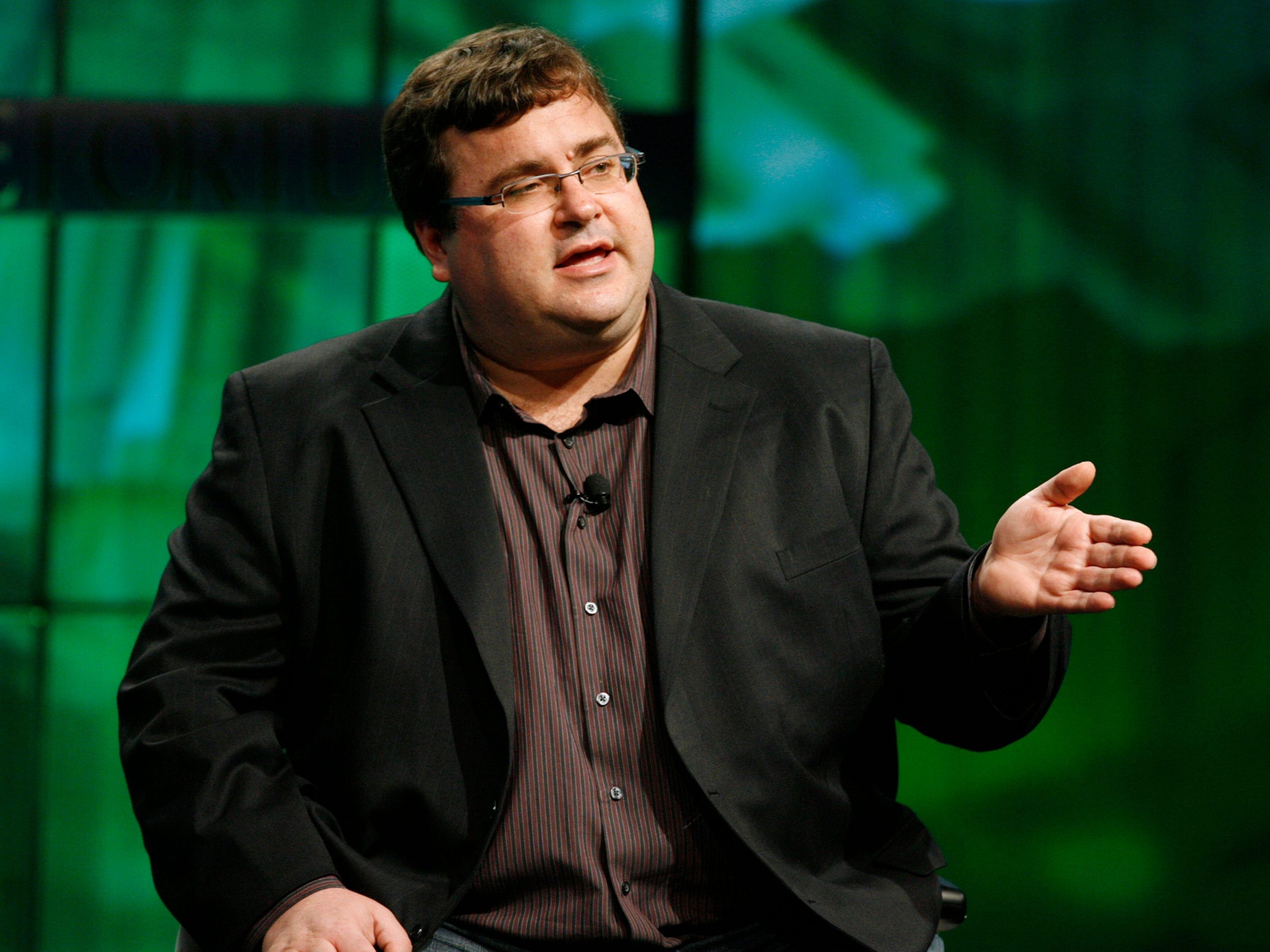
REUTERS/Fred Prouser
- Reid Hoffman said businesses should halt funding to politicians limiting voting rights.
- The billionaire cofounder of LinkedIn said voting is pro-American and pro-business.
- Last week, hundreds of businesses declared opposition to restrictive voting laws in a statement.
- See more stories on Insider's business page.
Reid Hoffman, the billionaire cofounder of LinkedIn, told CNN that businesses should stop funding politicians who support limiting voting rights.
Protecting voting rights and accessibility is "pro-business" and "pro-American," and not supporting those rights is an easy reason to stop funding any politician, he told the network in an email.
He added that employees should receive paid time off to cast their ballots and that companies should encourage workers and consumers to vote.
Hoffman did not immediately respond to Insider's request for comment for the story.
Last week, hundreds of companies, law firms, and nonprofits united to oppose restrictive voter laws in an ad published in The New York Times and Washington Post.
Hoffman, now a partner at the venture capital investment firm Greylock, was one of the business leaders who signed the statement, which said in part: "Voting is the lifeblood of our democracy, and we call upon all Americans to take a nonpartisan stand for this basic and most fundamental right of all Americans."
The ad came together after Black business leaders urged companies to speak out against a voting law that was enacted in Georgia last month.
The new law, known as the Election Integrity Act of 2021, made ballot drop boxes permanent, but only at select locations during limited hours, shortened the window for requesting absentee ballots, and banned ballot selfies, among other restrictive measures.
Following widespread claims of voter fraud in the 2020 election, legislators from nearly every state have introduced a total of 361 bills with restrictive voting measures, the Brennan Center for Justice at New York University said. Five of those have already been signed into law, with dozens more moving through legislatures, according to the center.
